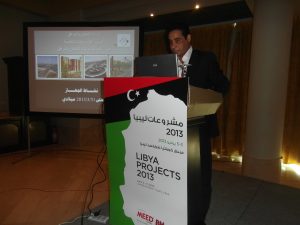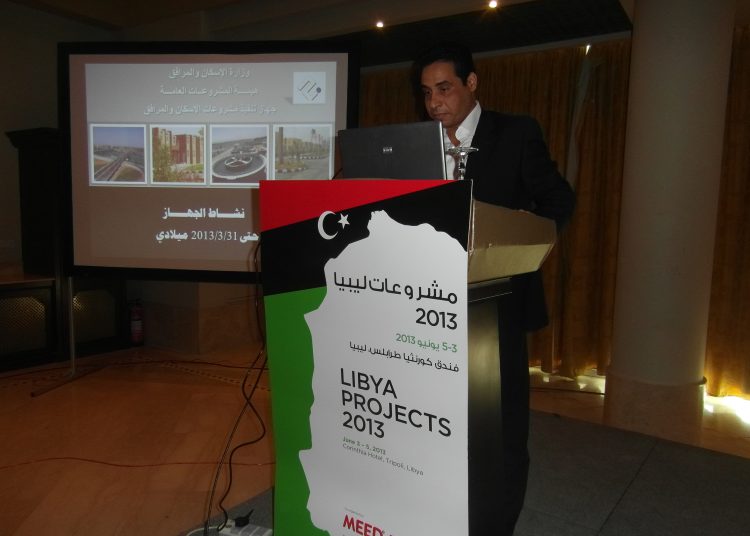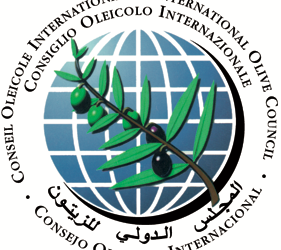By Sami Zaptia.

Tripoli, 8 June 2013:
Speaking at last week’s MEED “Libya Projects 2013” conference held in Tripoli, the Housing and Infrastructure . . .[restrict]Board’s (HIB) Chairman, Mahmoud Ajaj, said that the remaining sectors of the Tripoli Third Ring Road project would be re-offered to companies to bid for.
Moreover, Brazilian contractor Odebrecht would be given a chance to offer for its section of the project, Ajaj added, without giving any further details.
Libya’s HIB is the implementing arm of Libya’s Ministry of Housing and Utilities. It is estimated to have projects worth up to LD 50 bn (US$40bn).
The Tripoli Third Ring Road project was awarded in 2007 and was being implemented by the Libyan Brazilian Construction and Development Company (LBCD), a joint venture operation between Odebrecht (60%) and the Urban Development Holding Company (UDHC) (40%), a subsidiary of HIB.
The US$350 million Tripoli Third Ring Road project involved the construction of two, three-lane roadways running in both directions, with 21 bridges and overpasses and two service roads, totaling 23.8 kilometers. This contract employed up to 2,000 multinational workers.
Odebrecht was also part of the joint venture that was awarded the Tripoli International Airport project in 2007. Odebrecht, through its Portuguese subsidiary Bento Pedroso Construcoes (BPC), held 50 percent, Turkey’s TAV 25 percent and Lebanon’s Consolidated Contractors Company (CCC) 25 percent share in the JV.
The HIB head had also confirmed in the same presentation that US Project Management firm AECOM had agreed to return to Libya to resume its work with HIB, probably by August this year.
Ajaj revealed that AECOM would have a role in assessing contracts and that contracts found wanting would be replaced. He also expected AECOM to help in contract negotiations with foreign contractors regarding their status and claims for compensation.
HIB’s Chairman also confirmed that he had only received LD 1.5 bn in the 2013 budget from the government, whereas he had requested about LD 32 bn for his organization’s projects.
Looking to the future, Ajaj forecast that the private sector will begin to play an increasingly greater role in the Libyan construction sector. The annual construction needs of the nation were beyond those of the state budget which is LD 66 bn in 2013, and which needed to finance many demands from the different other sectors, Ajaj added. [/restrict]











